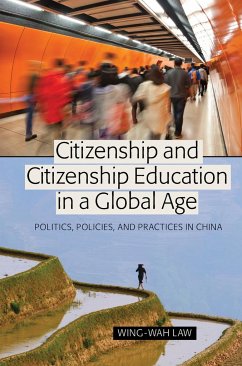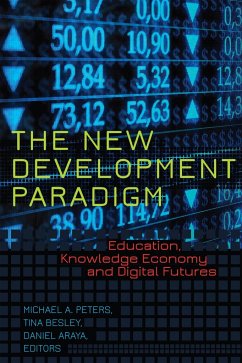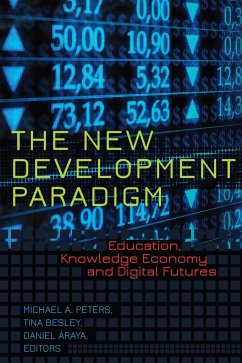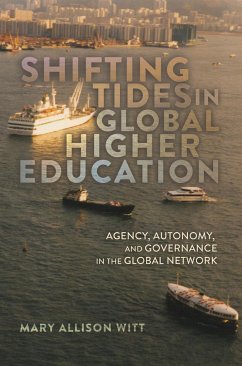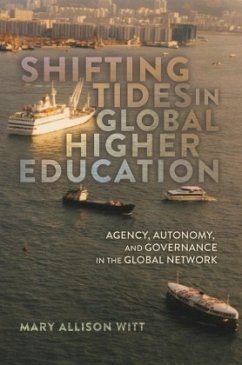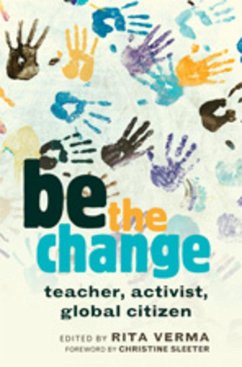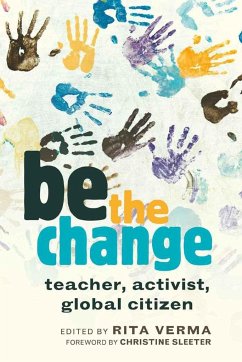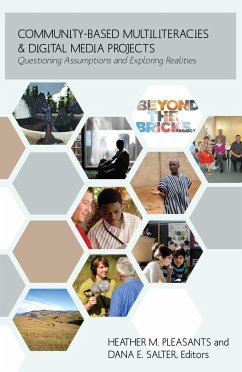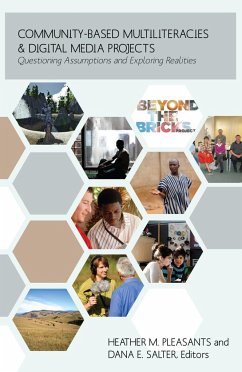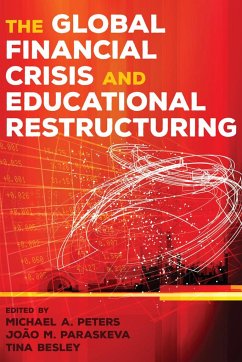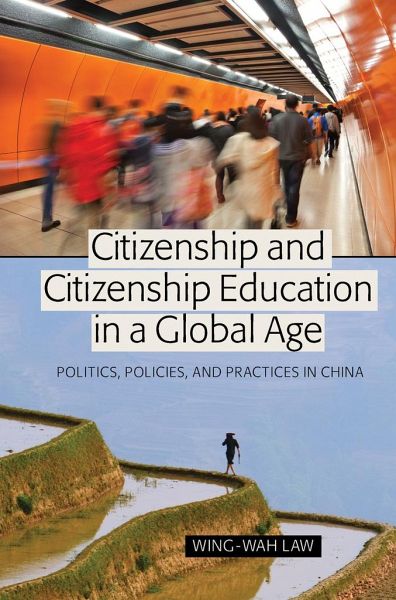
Citizenship and Citizenship Education in a Global Age
Politics, Policies, and Practices in China
Herausgegeben: Webb, Lynne M.; Wright, Kevin B.

PAYBACK Punkte
0 °P sammeln!
This book examines issues of citizenship, citizenship education, and social change in China, exploring the complexity of interactions among global forces, the nation-state, local governments, schools, and individuals - including students - in selecting and identifying with elements of citizenship and citizenship education in a multileveled polity. It also provides a clear, detailed guide to studies on China, discussing the country's responses to global challenges and social transitions for over a century - from its military defeats by foreign powers in the 1840s to its rise as a world power in...
This book examines issues of citizenship, citizenship education, and social change in China, exploring the complexity of interactions among global forces, the nation-state, local governments, schools, and individuals - including students - in selecting and identifying with elements of citizenship and citizenship education in a multileveled polity. It also provides a clear, detailed guide to studies on China, discussing the country's responses to global challenges and social transitions for over a century - from its military defeats by foreign powers in the 1840s to its rise as a world power in the early 21st century - on its path toward reviving the nation and making a modern Chinese citizenry. Citizenship and Citizenship Education in a Global Age is accessible to readers in the fields of sociology, globalization, citizenship studies, comparative education, and China's development.



